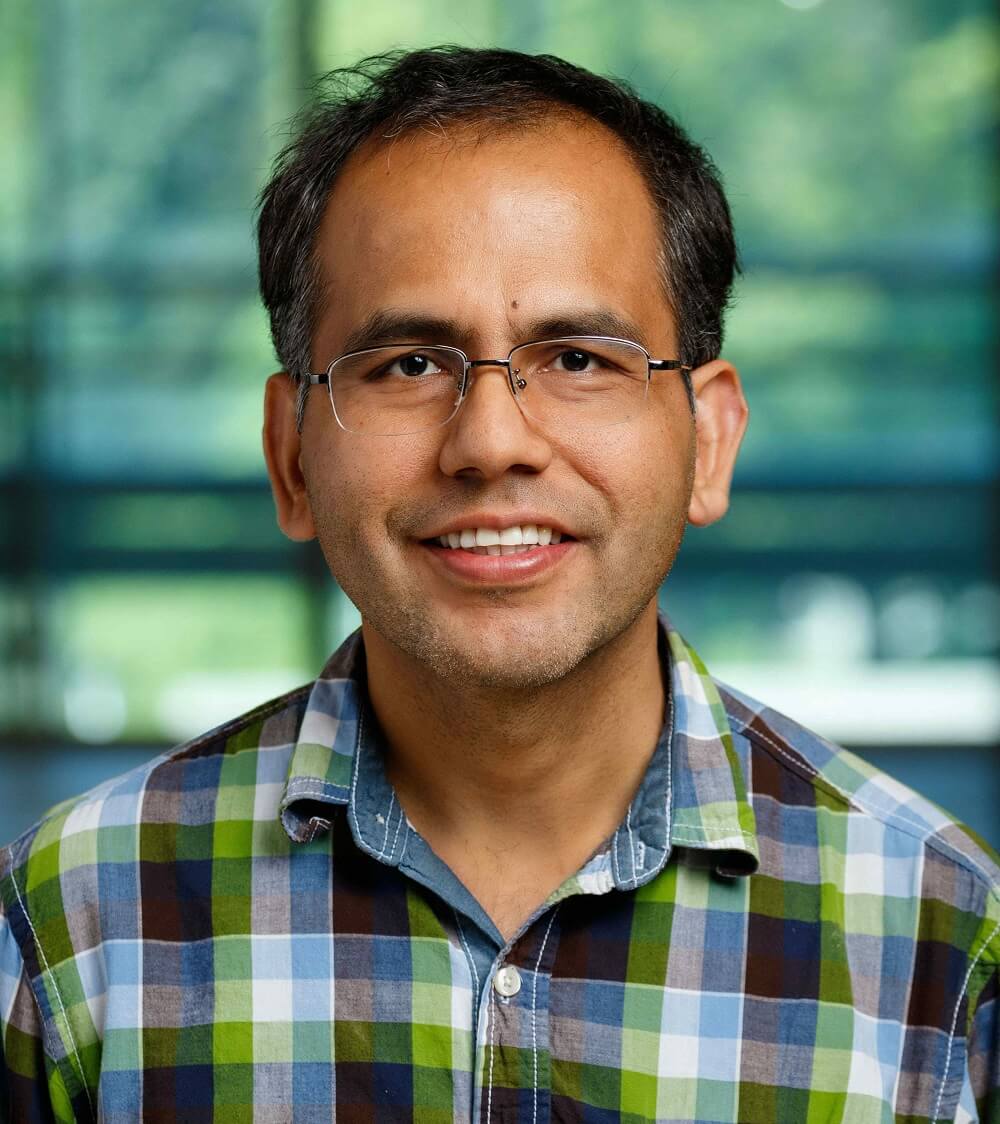
Nepali Scientist Dr. Laxman Mainali Secures $1.75 Million NIH Grant for Cataract Research
Nepali scientist Dr. Laxman Mainali has earned a $1.75 million (approximately NPR 230 million) grant from the National Institutes of Health (NIH) in the United States. The grant is awarded to support his detailed research on alpha-crystallin protein’s role in cataract formation in the human eye lens. Dr. Mainali, a 45-year-old physicist, is focused on advancing knowledge in this field, which could have significant implications for cataract treatment.
Research on Cataract Formation
Dr. Mainali initiated his study on alpha-crystallin protein and its connection to cataracts in 2019. During the same year, the NIH provided him with a $1.5 million grant to fund his research over a five-year period. He currently serves as an assistant professor of physics at Boise State University in Idaho, USA.
Over the past six years, his work has aimed to develop a non-surgical method for treating cataracts. According to Dr. Mainali, high cholesterol levels in the eye lens may have a positive effect by preventing the alpha-crystallin protein from contributing to cataract development. This discovery could slow cataract progression and open doors to non-invasive treatments.
Understanding Alpha-Crystallin Protein in Cataracts
Research has shown that the layer of alpha-crystallin in the eye lens increases with age and is linked to cataract formation. However, how this protein integrates into the lens is not yet fully understood. Dr. Mainali’s research explores how processes like deamidation, mutation, and the oxidation of lipids and cholesterol contribute to this integration. He hypothesizes that cholesterol and cholesterol bilayer domains could play a protective role in preventing cataract formation.
The NIH has awarded this grant to allow Dr. Mainali to test his hypothesis in a state-of-the-art laboratory. His findings could help better understand cataract development in both congenital cases and age-related occurrences.
Second NIH Grant Fuels Further Research
Dr. Mainali expressed his gratitude for the second NIH grant, stating, “This grant provides further momentum for new discoveries and ongoing research. It’s a prestigious honor in the U.S., and it will enable me to continue this critical work over the next five years.” He is confident that his future research will lead to non-surgical cataract treatments, building on his previous discoveries.
"My ultimate goal is to make cataract treatment possible without surgery," said Dr. Mainali. He believes that his research has gained support due to its solid foundation and credibility.
Previous Research Contributions
Dr. Mainali has previously conducted studies on cholesterol, cholesterol bilayer domains, and cholesterol crystals and their roles in narrowing and hardening blood vessels. He was recognized with the John-Will Young Researcher Award in 2012 and was honored as an outstanding student by Tribhuvan University in 2000.
National Institutes of Health (NIH)
The National Institutes of Health (NIH), a U.S. Department of Health agency, leads research and innovation in the health sector. Throughout its long history, the NIH has supported 171 Nobel Prize winners, solidifying its reputation as a global leader in health research.
Dr. Laxman Mainali’s Academic and Professional Journey
Born in Mechinagar-6, Kakkadbhitta, Jhapa, Dr. Mainali has been serving as an assistant professor at Boise State University for the past 14 years. He completed his master’s degree in physics from Tribhuvan University in 2005 and then traveled to the U.S. for further studies. Dr. Mainali earned a master's degree and a Ph.D. in biophysics from the University at Albany, State University of New York.
Since completing his Ph.D., Dr. Mainali has continued his research, teaching, and academic endeavors in the U.S. He began his research career in the Department of Biophysics at the Medical College of Wisconsin.
Dr. Mainali’s academic path began at Pashupati Boarding School in Kakkadbhitta, where he completed his SLC. He then pursued his ISc from Mechi Campus in Bhadrapur and continued his higher education in Kathmandu before moving to the U.S. for advanced studies.


